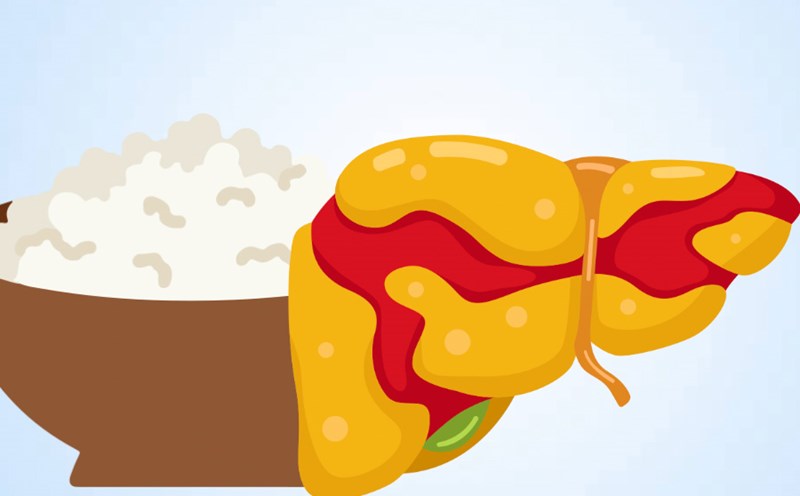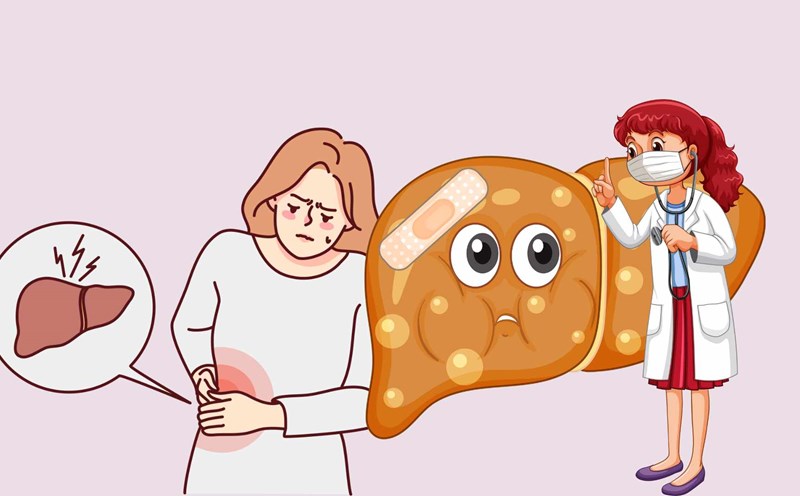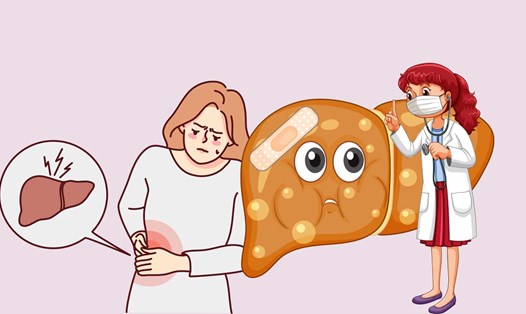A low-sugar diet can help reduce insulin resistance and improve health. Reducing sugar means reducing the daily carbohydrate ratio from 50-60% to about 40%, even 20-30%. The simple meaning is to minimize refined sugar and reduce starch. Thanks to that, blood sugar, blood fat, weight and fatty liver condition are improved.
However, eating less sugar does not mean completely eliminating starch. Limit sugary sweet drinks and desserts. If you attend a party, you can eat a small amount but should avoid eating it often.
Prioritize whole grain starches such as brown rice, rice of all kinds, whole wheat bread or bags made from grains.
For fruit, you should not eat too much. Choose a type with a low glycemic index (kiwi, cherry tomato, guava, apple) and only eat a maximum of 2 portions per day (the size of a handful). Avoid drinking fruit juice.
Make sure to eat enough protein. When fasting intermittently or cutting sugar, many people accidentally lose protein, which can easily lead to muscle loss.
If you have the conditions, check your body fat, muscle mass or blood test every 4-6 months to monitor your blood sugar, blood fat and liver and kidney function, especially when following the keto diet.
The 16:8 intermittent fasting method (fasting for 16 hours, eating for 8 hours) is quite popular, eating the first meal at noon and ending before 8pm. Although there are some limitations, intermittent fasting is said to be beneficial for the anti-aging process. Research is ongoing, but it is hoped that there will be more clear evidence in the future of the long-term health effects of this method.











